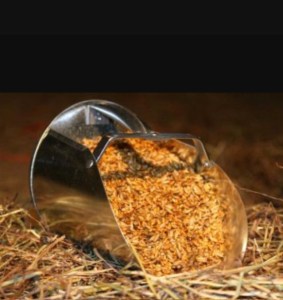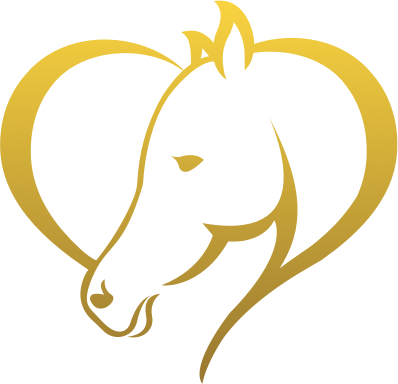In America we have a term “keeping em sweet”. This usually applies to partners or spouses, but our horses are as much partners as a person. I always say unwanted behaviour is down to fear or disrespect, but thats not entirely true. Sometimes its down to circumstance. So here are some important things to remember to keep your horse sweet.
Lately I have been presented with some horses whose unwanted behaviour was not entirely their fault. This has generally been the case with owners new to horses, but we can all fall into situations that create circumstances that can cause unwanted behaviour.
Winter can be especially hard for horses and owners, and sometimes our horses behaviour ends up suffering due to winter circumstances.
If your horse is behaving badly, here are some factors that can cause a generally good natured horse to become unruly, hard to handle and in some instances aggressive.
Hard feed. This is one of the biggest contributing factors in a wound up horse. People believe they need to supplement their horses feed with grain, but this is not necessarily true.
Most grain mixes are heavy in molasses and corn, which, for a horse, is equivalent to eating candy and drinking coffee. In most instances the horses I meet do not need any hard feed what so ever.
There are really only a few instances when a horse needs hard feed.
Young horses, pregnant or lactating mares and horses that are hard to keep weight on, especially if kept in pasture, may need supplementing with a good quality grain mix, particularly in the winter.
Horses in training or competing on a fairly serious level will also need supplementing with good quality grain mix.
If you ride your horse 3-4 times a week, for pleasure. He is kept in a stable, and blanketed, he does not need hard feed. If you want to feed something, choose a chopped chaff, with the lowest molasses content you can get your hands on.
Giving a horse hard feed, when he doesn’t need it, is only going to cause him to be tense and wound up. If you absolutely feel you must feed a grain mix, search for a feed with the lowest protein % and the least amount of molasses as possible. Also provide plenty of exercise and turn out to help him burn off these extra hot calories.
This leads to my next item:
Turn out. An average horse in the wild will travel 20-30 miles per day. Of course a domestic horse doesn’t need anywhere near as much exercise, but it’s important to remember that our equine friends need the space and time to move.
If the only time your horse gets out of his stable is on a rope or in a bridle, he is not going to be a very happy camper.
Horses need free time. Time to run and buck and roll. If your horse never gets this free time, he is going to become difficult to handle as he tries to contain himself. Every day for 20min or more is ideal, 2-3 days a week is adequate.
The next item is:
Doing things for your horse, not always to your horse.
This can be a hard concept to grasp, but its very important to our horses.
Owning a horse is a partnership, and so many times, we forget this. We treat our horses like a bike, sitting just waiting for us. We expect them to be manageable, ride when we want, where we want. Go in the trailer, go here go there. Stand for the farrier, or washing, or tacking. None of these things serve the horse. Grooming does, but thats really it.
It’s important to do things for our horse that they can appreciate. Things like letting them eat some particularly nice grass after a good session of riding, turn out and lots of scratches in their favourite spot.
By doing things for your horse, you show him that you are a friend and partner. He will know that sometimes you do what you want, and sometimes you do what he wants.
This may seem insignificant, but after years and years of working with horses, I can guarantee this will make a difference to their behaviour.
My last item pertains to work.
Don’t overwork your horse! Horses are athletes, and it takes time to build up muscle and stamina. You wouldn’t go to the gym every day, but some people ride their horses on a collected rein for an hour or more every day.
This is particularly true for horses that don’t work over winter. Remember to build their stamina slowly over time, and provide days of rest and turn out.
For the average pleasure horse, riding every other day, turn out in between, and jumping no more then twice a week will keep them mentally and physically fit. Try to vary your work, interspersing hacks and light days with jumping and collection work.
All these things don’t seem like much, but combined, they can create the right circumstances for bad behaviour.
If you are having issues with your horse, and pain has been ruled out as a problem, these areas would be the next piece in the puzzle. Sometimes a change in your routine is all that is needed to bring back a calm and good natured horse.







Leave a Reply
You must be logged in to post a comment.